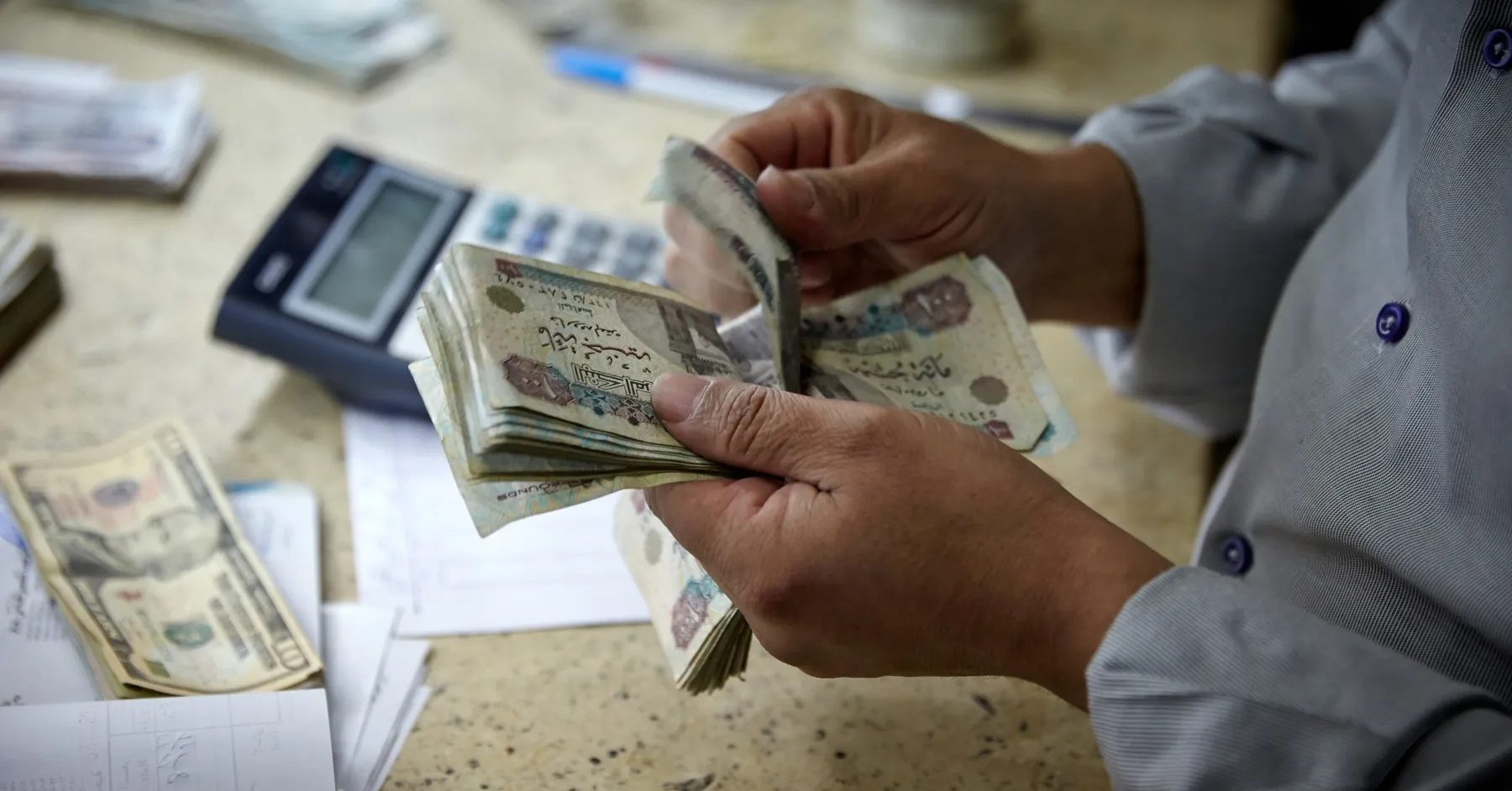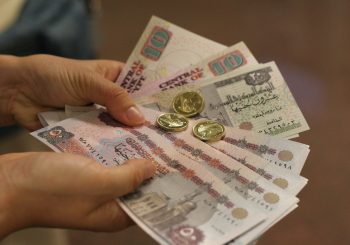For years, foreign capital has poured into Egypt in waves, lured by high interest rates and government bonds promising quick returns. Foreign capital, often dubbed “hot money,” has become a double-edged sword in Egypt’s economic playbook, as the country faces repeated currency devaluations and surging inflation.
“Hot money” describes the rapid movement of capital across international borders in pursuit of quick profits, often through investments in high-yield bonds, securities, and treasury bills. Unlike long-term investments, this capital is not anchored in physical assets or enduring projects and does not contribute meaningfully to a country’s economic development.
One of the limited merits of hot money lies in its capacity to deliver dollar liquidity, especially to economies willing to exchange elevated interest rates for capital inflows.
After the 2016 flotation of the pound, which saw the currency fall from around 8 to 18 per dollar, Egypt sought to attract this kind of investment to ease the strain of a widening budget deficit.
As interest rates rose sharply, the Egyptian government issued debt through treasury bills and bonds, with high returns, tax exemptions, and minimal restrictions on trading or withdrawal, allowing investors to buy them, effectively lending money to the state.
In return, the government pays interest, providing a profit for the lender. Once the debt reaches maturity, typically after a set period of months or years, the investor receives the original amount plus accrued interest.
The conditions in 2016 turned Egypt into a favored destination for foreign investors chasing high returns on government debt and other financial assets. In less than a year, foreign investors injected over USD 17 billion (EGP 862.55 billion) into the country’s debt market.
However, the influx of capital came with a caveat. Such flows are acutely responsive to changes in interest rates, inflation, and broader economic conditions, often prompting investors to quickly reallocate funds across markets in pursuit of better returns. The impermanence of hot money renders it inherently volatile, with investors able to pull out their capital at a moment’s notice.
When global conditions shifted, such as the COVID-19 pandemic in 2020 or the Russian invasion of Ukraine in 2022, billions of dollars in hot money have fled Egypt almost overnight, with the country losing USD 22 billion (EGP 1.2 trillion) during the Ukraine crisis. Such sudden outflows triggered sharp currency depreciations, depleted foreign reserves, and fueled inflation, putting intense pressure on the country’s financial system.
Former Finance Minister Mohamed Maait confirmed that the reliance on hot money is one of the reasons for the economic crisis ravaging Egypt, as it “comes for high returns, and when a shock occurs, it leaves the country.”
“We learned from hot money flights, three times in a row, in 2018, 2020 and 2022,” Maait said. “The state’s strategy now is that the government will not rely on this type of money again.”
Despite ongoing foreign currency shortages, Egypt continued to raise interest rates and devalued the pound to attract hot money, sacrificing long-term investments, higher borrowing costs, and soaring inflation that erodes the purchasing power of ordinary Egyptians.
In light of these challenges, Prime Minister Mostafa Madbouly reiterated the need to shift focus toward more stable forms of foreign direct investment (FDI), which create jobs and foster sustainable growth, rather than relying on the volatile fluctuations of hot money.







Comments (0)